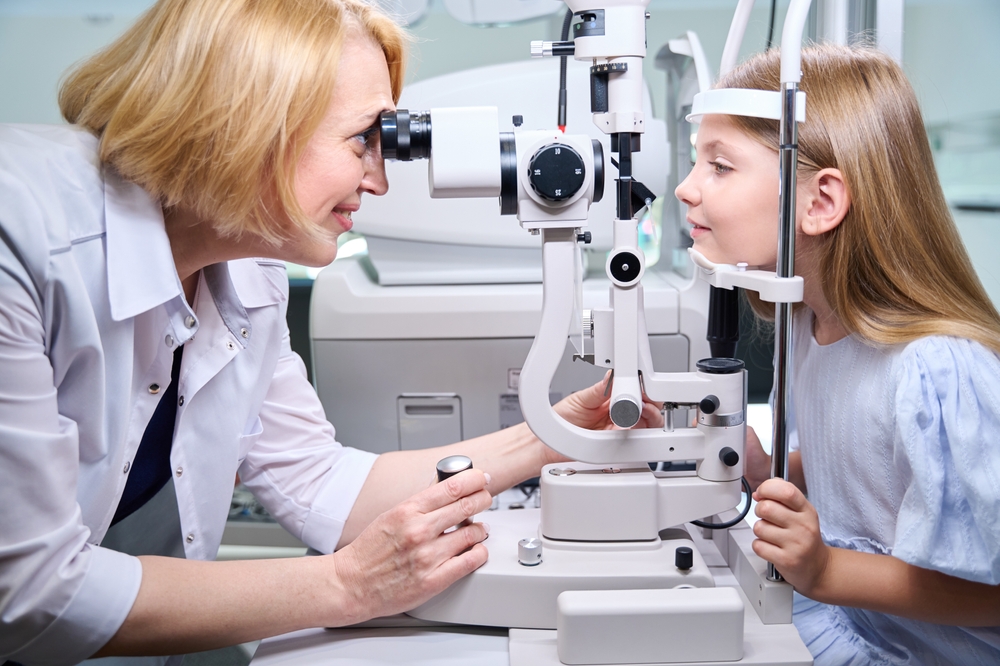
Binocular Vision Dysfunction (BVD) is a condition that affects how the eyes work together, resulting in symptoms like headaches, dizziness, blurred vision, and even anxiety. Despite its significant impact on quality of life, many individuals remain unaware of BVD or may confuse its symptoms with other medical conditions. Understanding the prevalence of BVD can help highlight the importance of proper diagnosis and management through a comprehensive NeuroVisual Examination.
How Common is Binocular Vision Dysfunction?
BVD is more common than many people realize. Studies estimate that approximately 10-20% of the general population experience symptoms associated with binocular vision disorders. However, due to its broad range of symptoms—which can mimic other health issues such as migraines, vertigo, or anxiety disorders—it frequently goes undiagnosed or misdiagnosed. This underdiagnosis means the actual prevalence of BVD could be higher.
Certain groups may be at an increased risk of developing BVD. For example, individuals who have experienced head injuries, concussions, or neurological conditions often show higher rates of BVD symptoms. Additionally, extensive computer or screen usage can exacerbate existing binocular vision issues, making the condition increasingly prevalent in today's digital age.
Recognizing the Signs and Symptoms of Binocular Vision Dysfunction
Recognizing the signs and symptoms of Binocular Vision Dysfunction is critical for timely diagnosis and effective treatment. Common indicators include frequent headaches, dizziness, blurred or double vision, difficulty reading or focusing, anxiety, and even balance problems.
Individuals may also experience sensitivity to light, nausea, or neck and shoulder discomfort. These symptoms often intensify during activities requiring visual concentration, such as driving, reading, or using digital devices. Awareness of these symptoms can lead to earlier intervention and improved outcomes.
The Importance of a Comprehensive NeuroVisual Examination
Recognizing the prevalence and complexity of BVD underscores the importance of seeking specialized eye care. A comprehensive NeuroVisual Examination goes beyond standard eye tests, assessing how effectively the eyes work together to maintain alignment and coordinated vision. This specialized examination can identify even subtle misalignments or coordination issues that traditional eye exams might miss.
At Federal Hill Eye Care, our NeuroVisual Examination is thorough, using advanced diagnostic techniques to precisely detect binocular vision dysfunction. Early diagnosis can lead to effective treatment, significantly improving your symptoms and overall quality of life.
Take the First Step Toward Clearer, More Comfortable Vision Today
Binocular Vision Dysfunction is more prevalent than commonly recognized, affecting a significant portion of the population, often without proper diagnosis. Understanding the commonality of BVD helps reinforce the need for specialized care and accurate diagnosis through comprehensive NeuroVisual Examinations.
If you're experiencing unexplained headaches, dizziness, or vision-related symptoms, schedule your NeuroVisual Examination with Federal Hill Eye Care and take the first step toward clearer, more comfortable vision. Visit our office in Baltimore, Maryland, or call (410) 752-8208 to book an appointment today.







